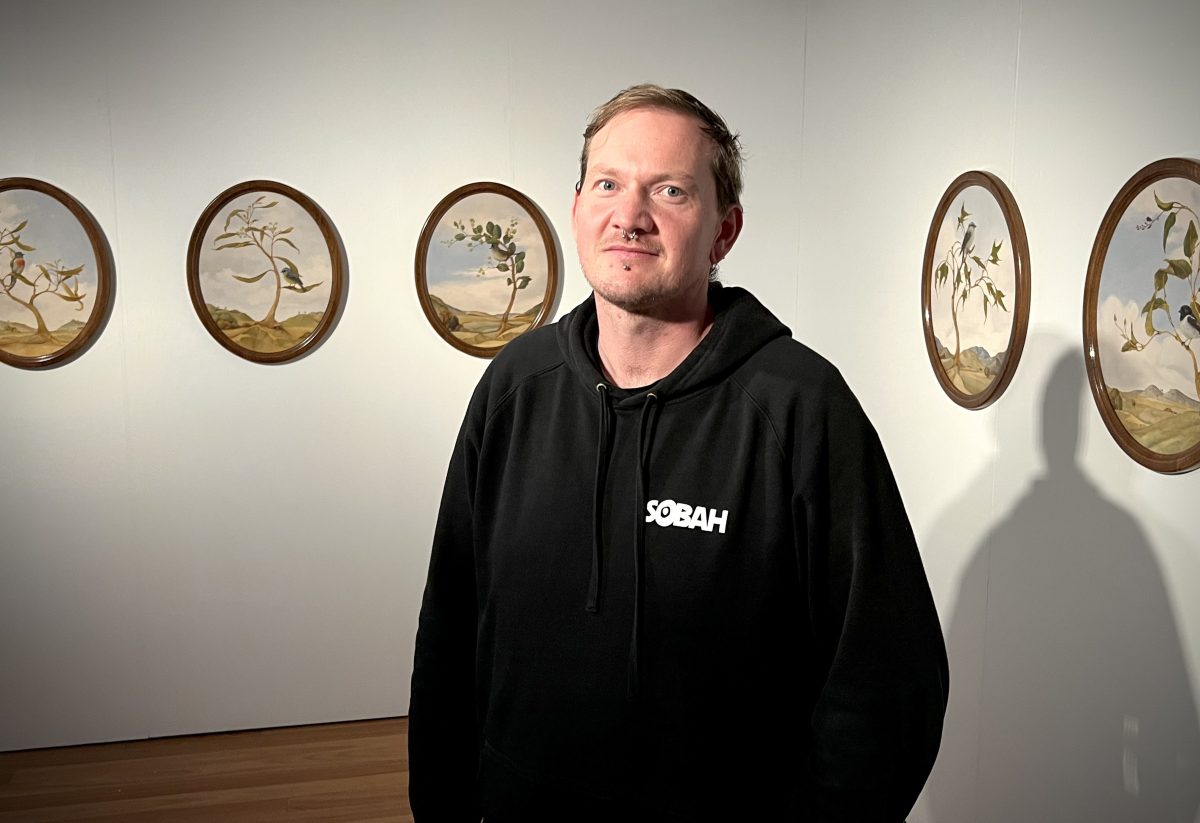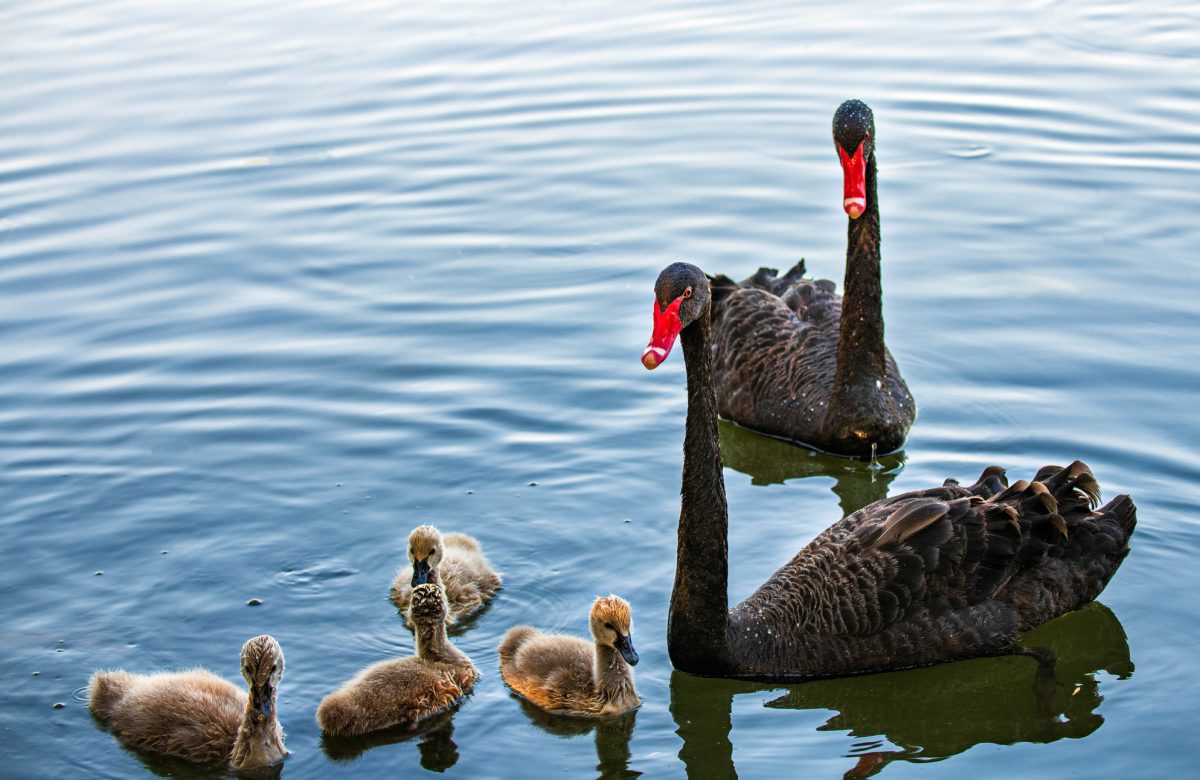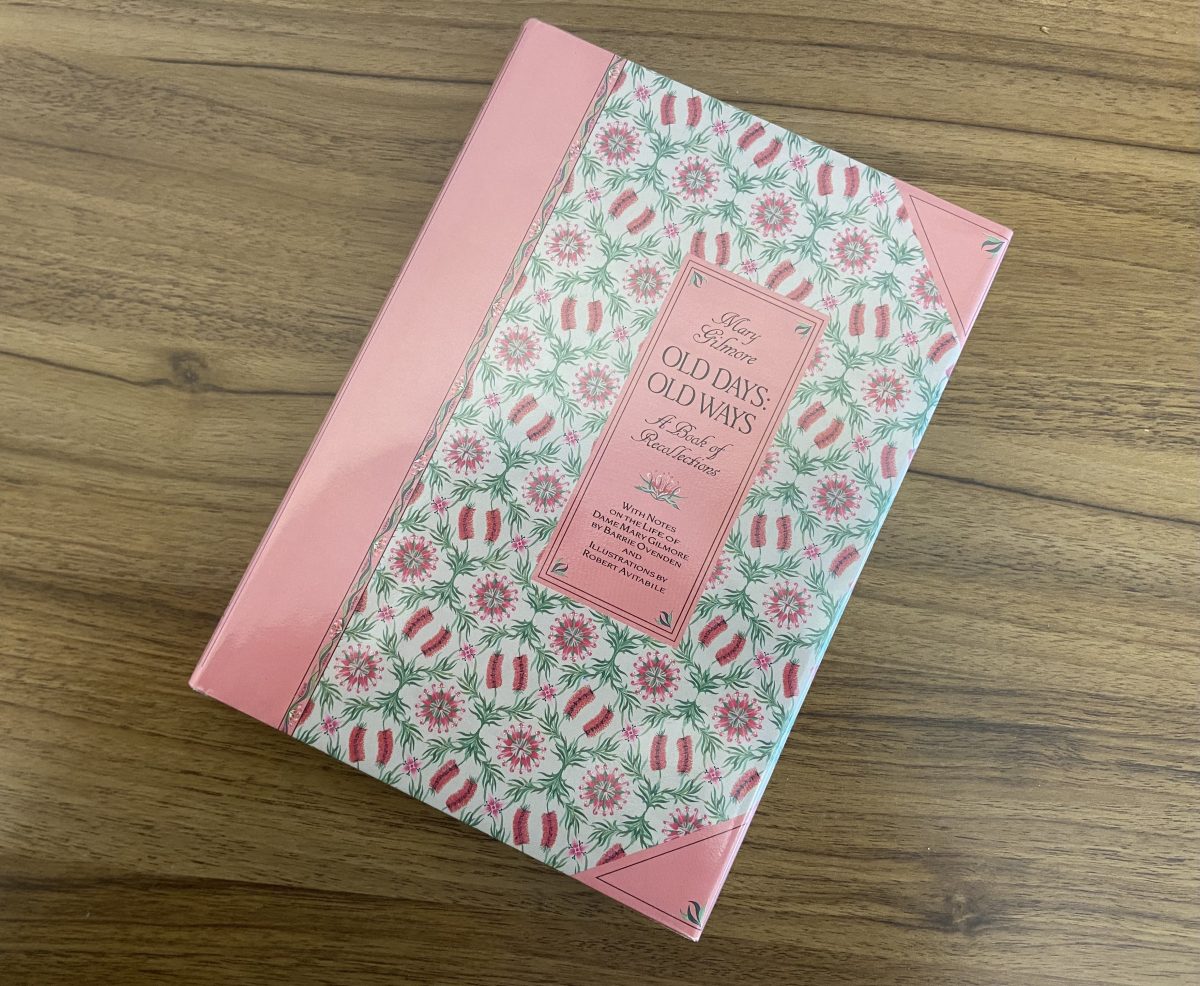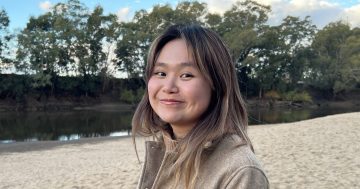
Wagga Wagga Art Gallery Environmental Thinker in Residence Dr Christopher Orchard will host the Swan Song panel on Saturday 12 August. Photo: Chris Roe.
According to Wagga Art Gallery’s Astrid Reed, the double meaning in the title of their National Science Week program captures exactly what ‘Swan Song’ is all about.
A Swan Song is both a final performance and quite literally a noise made by the long-necked birds, and the Science Week events will examine the significance and the plight of the black swans that once thrived on the Murrumbidgee.
“The double meaning certainly wasn’t an accident, it’s about the birds and the animals in the region and the changes over the last 100 to 150 years,” Astrid explained.
“We’re doing three programs all under the umbrella title of Swan Song starting this Saturday (12 August) and going through to the following weekend.”

Black swans were once plentiful across the breeding grounds of the Riverina. Photo: File.
According to Dame Mary Gilmore in her memoir Old Days: Old Ways, the swamps and billabongs around the Riverina once teemed with birdlife.
Reflecting on her early years in Wagga in the late 19th century, Dame Mary describes what she calls “native sanctuaries” and local Wiradjuri management systems that were steadily destroyed by European settlers.
“Pregan Pregan Lagoon at North Wagga (*Parkan Pregan) was a sanctuary for pelicans, swans and cranes; and the land between it and the Murrumbidgee was a curlew sanctuary,” she wrote.
“The law of sanctuary in regard to large or wide breeding grounds, such as Ganmain and Deepwater, where there were once miles and miles of swamps…was that each part of the area could be hunted or fished, but not the same part two seasons in succession.”

Old Days: Old Ways includes a host of memories from Dame Mary Gilmore’s childhood in the Riverina. Photo: Chris Roe
She recalls vast flocks of waterbirds taking to the air as she travelled from Brucedale into Wagga, a sight that dwindled over the years as graziers cleared the nests, trampled the eggs during breeding season and hunted the birdlife out to make way for their cattle.
“Where I had remembered clouds of them there were 70 only, then 40, then 20, then four, and then there were no pelicans at all,” Dame Mary wrote.
“The swans went till there were but two; the ducks came only at night – the few that survived.”
Over a century later, the black swan survives but is no longer a common sight on the Murrumbidgee, and certainly not in the numbers described by Dame Mary.
This history and ecology will be explored through Science Week with the three programs that include a cultural river walk with Wiradjuri Elder Uncle James Ingram, a printmaking workshop with artist and Environmental Education Officer Christina Reid, and a panel discussion.
Charles Sturt University’s Dr Christopher Orchard has been appointed the gallery’s Environmental Thinker in Residence and explains that the panellists will each bring a unique perspective from the fields of science, ecology, creative practice and history.
“Part of what I’ve been doing through this residency is hearing lots of different points of view, lots of different perspectives, lots of different people who are exploring environmental things in their own lives in different ways,” he said.
“I think that’s part of what will make the panel so interesting on Saturday is people from different perspectives and walks of life…but all exploring environmental issues, particular to our region, through different modalities and different ways of working.”
Dr Orchard will be joined on the panel by artist Christina Reid, threatened species officer Dr David Hunter and Museum of the Riverina Curator Michelle Maddison, who is a student of Dame Mary Gilmore’s work.
“It’s very difficult for us to comprehend the scope and scale of ecological change that has happened in the last 200 years,” Dr Orchard said.
“It’s not going to be one generation that fixes six generations worth of change. It might take six generations worth of change.
“I know there’s a sense of urgency that there hasn’t been before, but we need to be thinking about what groundwork do I need to do now, both institutionally and on a personal level to achieve the future that we want.”
National Science Week runs from 12-20 August, and the panel discussion will be held from 11 am until 12:30 pm on Saturday (12 August). You can learn more about Swan Song here.









